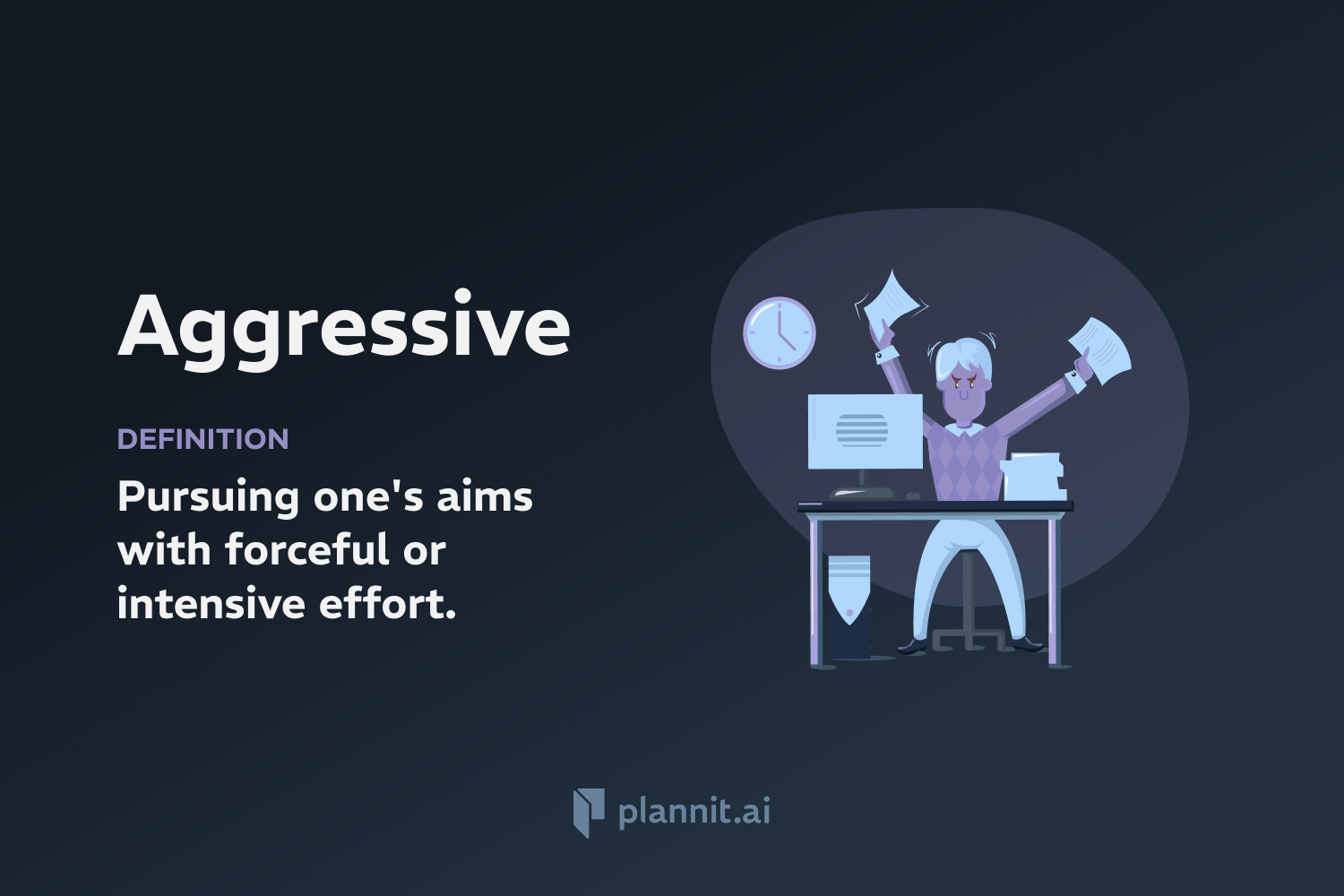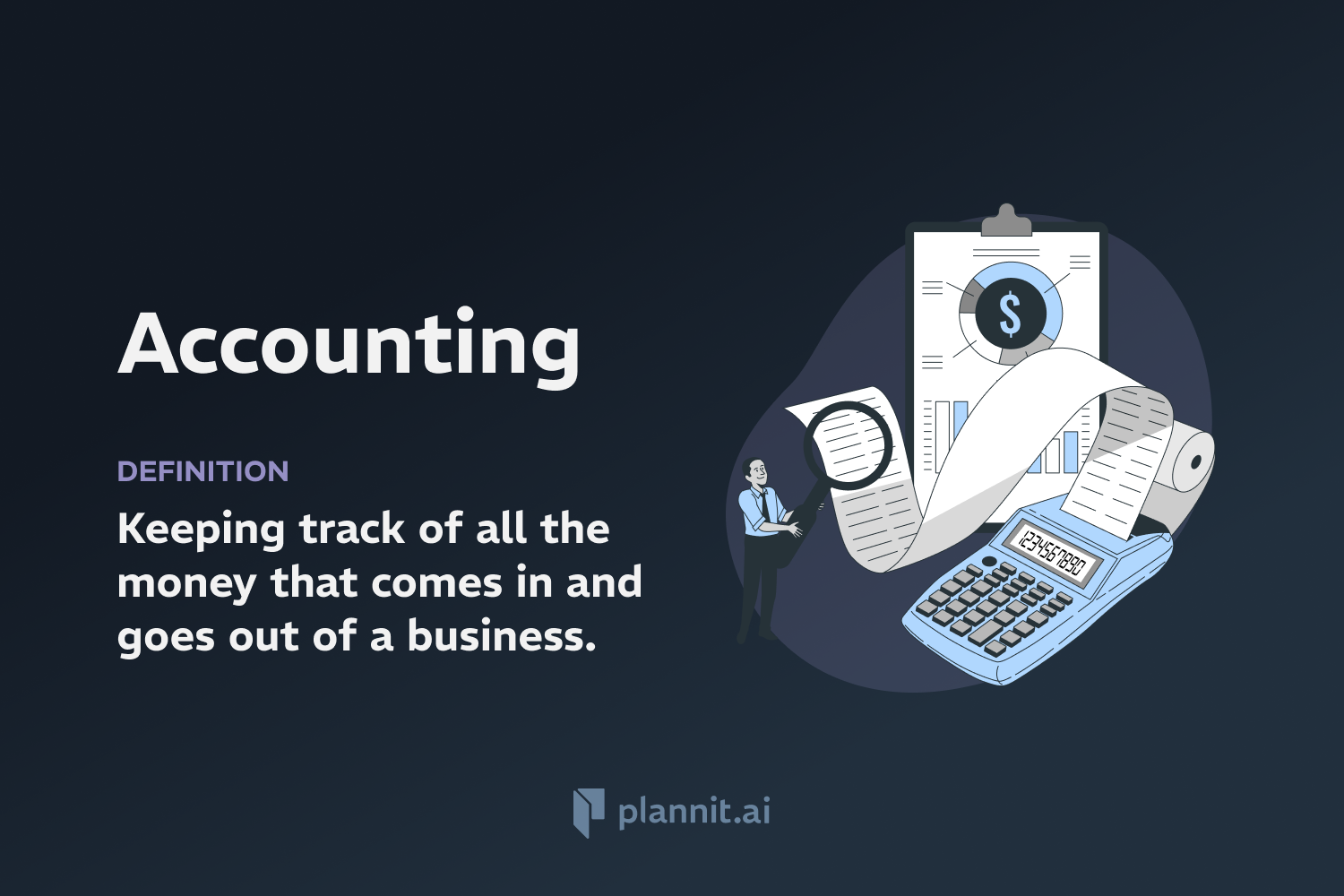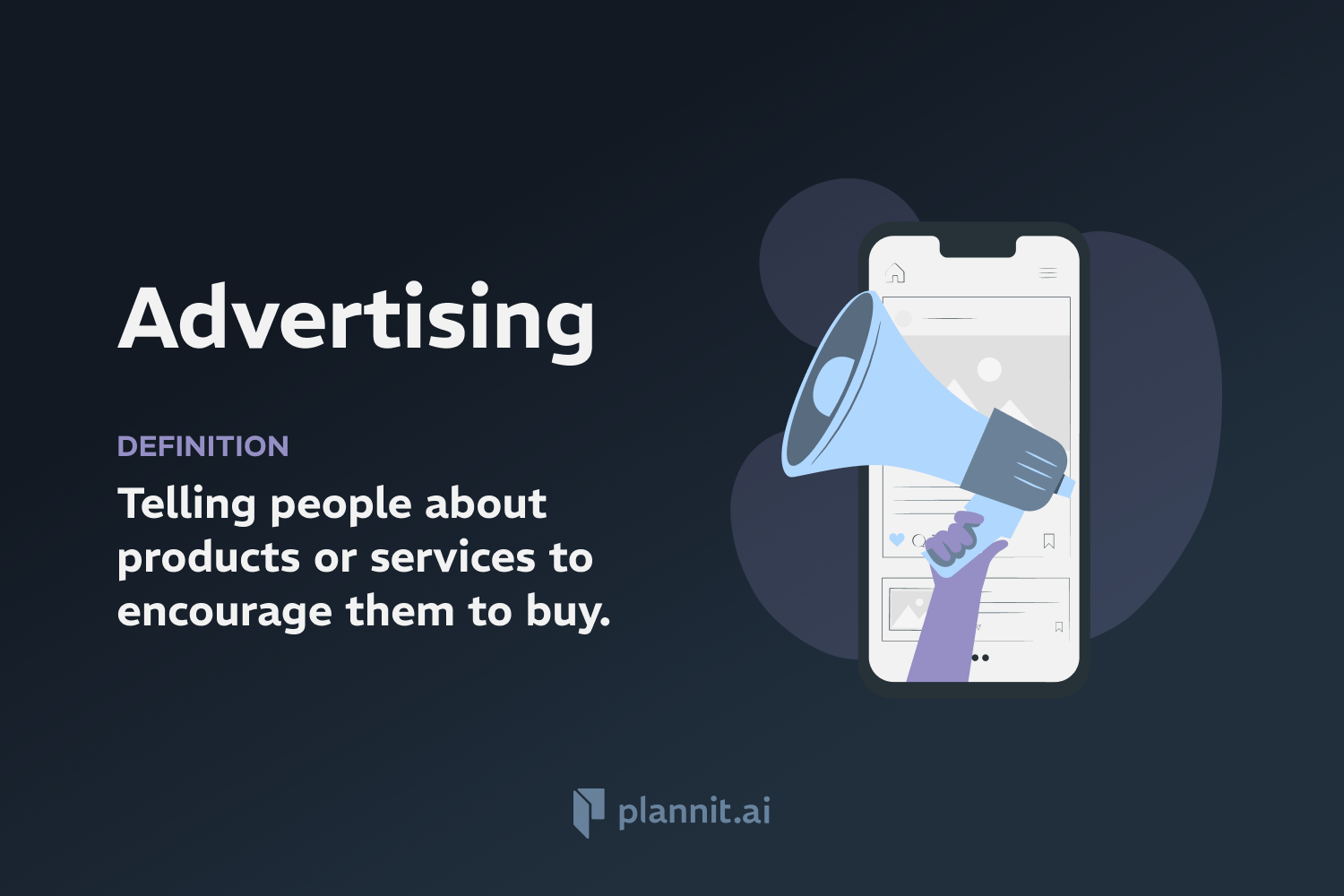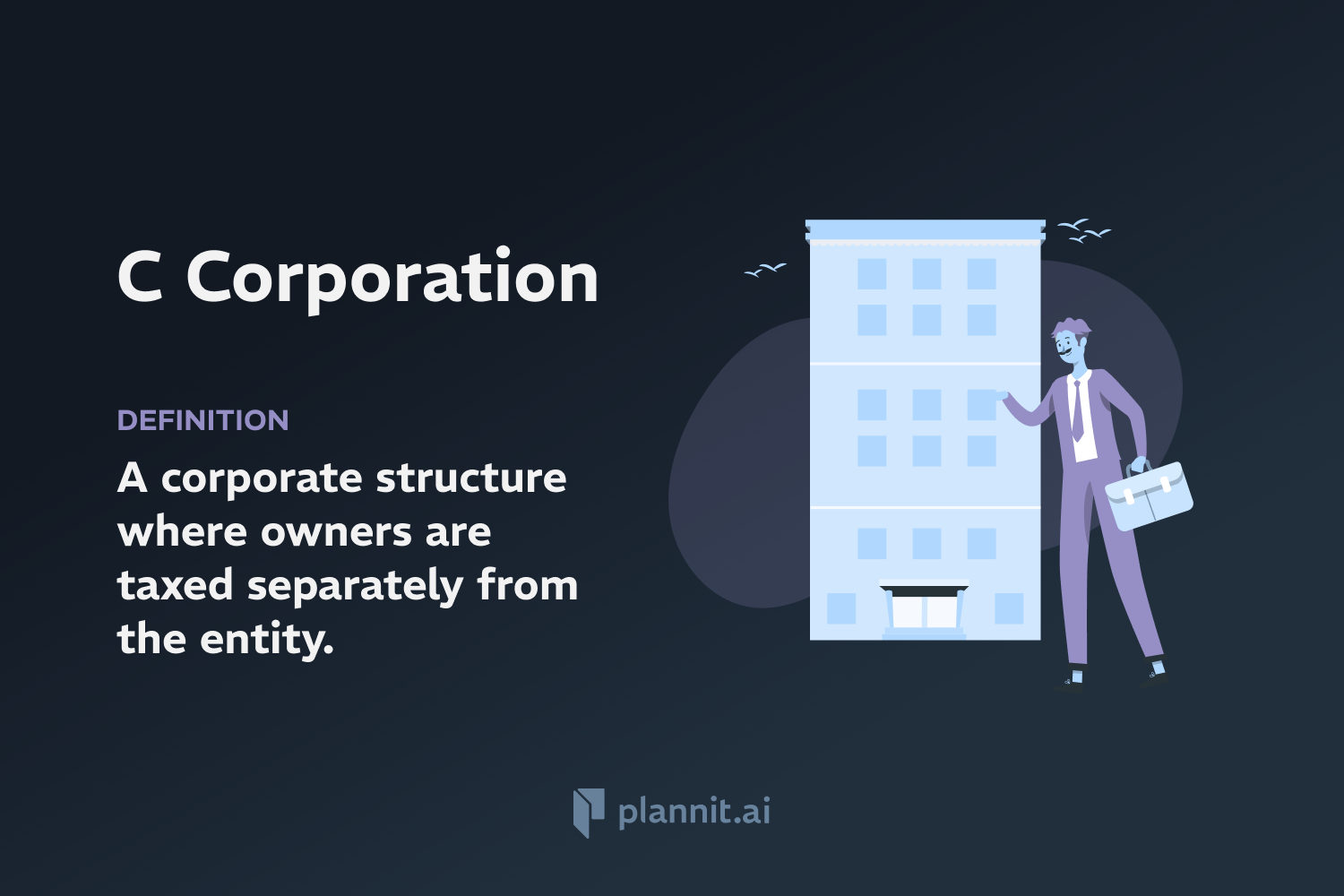Need Help With Your Business Plan?
Answer tailored questions and get a detailed business plan in minutes.
Aggressive: Definition & In-Depth Explanation

In a business context, "aggressive" typically refers to strategies, actions, or behaviors that are assertive, bold, and aimed at maximizing results, often with a high degree of risk. This term can be applied to marketing campaigns, investment strategies, growth plans, or negotiation styles where the primary goal is to achieve rapid success or significant market penetration.
Purpose:
The purpose of adopting an aggressive approach is to achieve objectives quickly, outperform competitors, or significantly improve a company’s market position. Aggressive tactics are used to seize opportunities in a dynamic environment, often during times when bold actions can lead to high rewards, although they may also increase the potential for substantial losses.
Example:
An example of an aggressive strategy might include a tech startup in a highly competitive market spending large amounts of capital on marketing to quickly gain brand recognition and customer base, despite not yet being profitable. Similarly, an aggressive investment approach may involve a portfolio heavily weighted towards volatile stocks or emerging markets, aiming for high returns.
Related Terms:
Risk Tolerance: The degree of variability in investment returns that an investor is willing to withstand in their investment portfolio.
Market Penetration: The strategy of selling existing products within existing markets and increasing the market share.
High-Risk Investment: Investments that carry a high degree of risk of loss but also offer the potential for high financial rewards.
Proactive: Taking initiative by acting rather than reacting to events after they happen.
FAQs:
What distinguishes an aggressive business strategy from a conservative one?
An aggressive strategy often involves taking higher risks and aiming for rapid growth or high returns, while a conservative strategy focuses on gradual growth, stability, and lower risk.
Are aggressive strategies suitable for all businesses?
Aggressive strategies are not suitable for all businesses; their appropriateness depends on the company’s risk tolerance, market conditions, competitive environment, and financial stability.
What are the risks of aggressive business tactics?
The risks can include potential financial losses, negative public perception if tactics are too forceful, and the possibility of unsustainable growth that might lead to operational or financial issues down the line.
How can businesses mitigate the risks of aggressive strategies?
Businesses can mitigate risks by conducting thorough market research, continuously monitoring outcomes, being prepared to adjust strategies, and maintaining a solid financial buffer to handle potential setbacks.
Can aggressive strategies impact employee culture?
Yes, aggressive strategies can impact organizational culture, potentially leading to high-pressure environments. While this may drive performance, it can also increase stress and reduce job satisfaction if not managed carefully.
Get funding with a business plan that will impress investors.
Starting a New Business?



